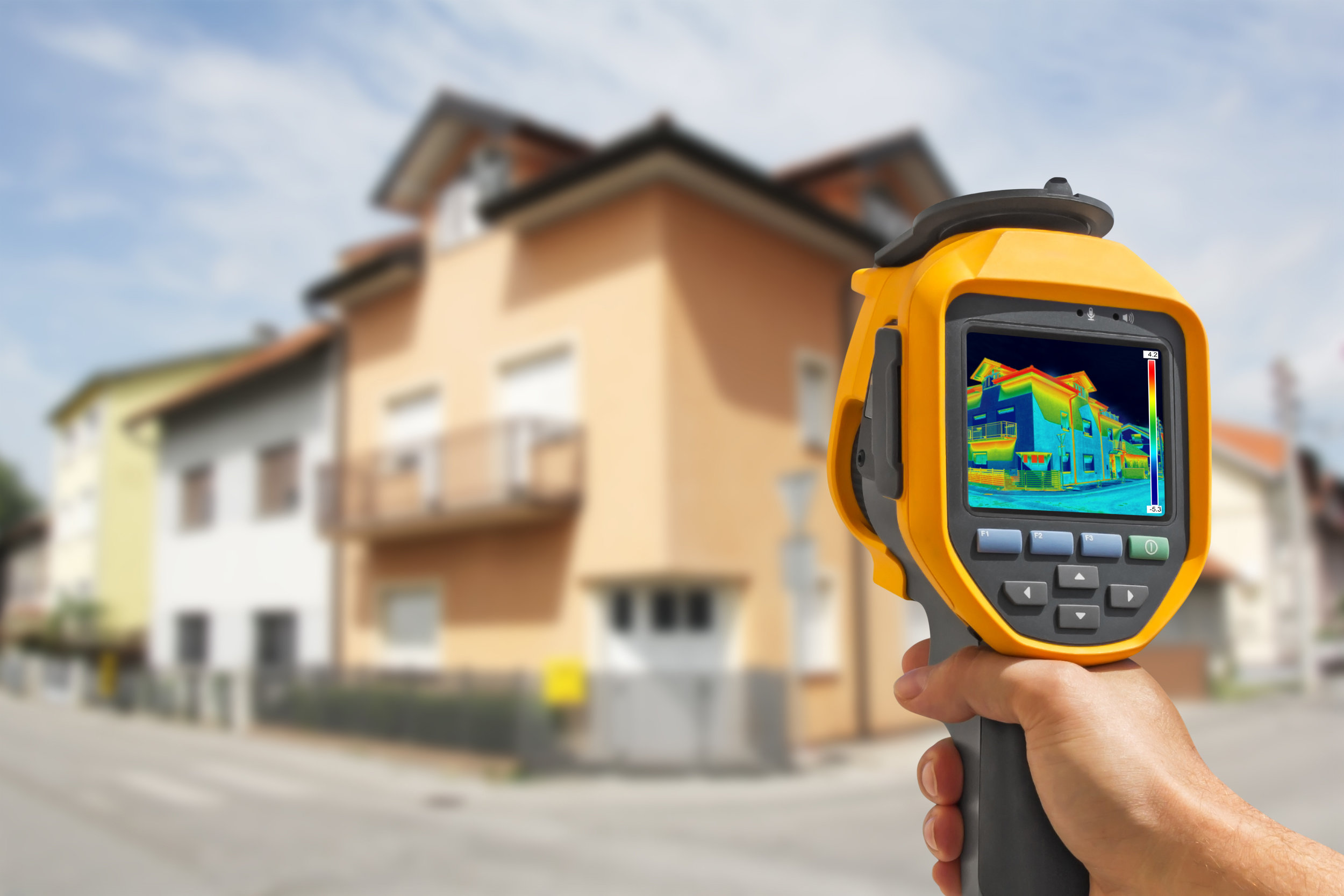Water quality testing is a way to find out what contaminants are found in water. This can help people decide whether or not they should use the water for drinking and other purposes, such as irrigation of crops. Water that has been tested may be safe for some uses but might pose risks if used by certain groups like children, pregnant women, older adults, and those with weakened immune systems who have an increased risk from exposure to pathogens capable of causing illness when consumed at higher concentrations than typically present in distribution system waters.
As water makes up at least 60% of our body, people are concerned about quality and safety. Water is a vital resource that sustains all life on earth. Still, industrial waste, agricultural runoff, and sewage discharge have compromised its purity, which contaminates fresh sources for drinking purposes. It's essential to have your household regularly tested. Hence, you know what impurities may be present to ensure there aren't any harmful bacteria or chemicals such as arsenic or lead contaminating your supply before consumption.
What Is Water Quality Testing?
Water quality testing is the process of determining if a sample of water meets national and local standards. For instance, drinking-water samples may be tested for contamination or fecal matter to meet federal guidelines set by the United States EPA (US Environmental Protection Agency). Similarly, rivers that supply nearby populations with potable water must comply with cleanliness criteria as determined by government officials to ensure public health safety. Testing typically involves collecting several types such as physical-chemical analysis regarding pH levels and turbidity; microscopic examinations looking at protozoa like Giardia lamblia, which are cyst parasites capable of infecting humans through poor hygiene behaviors advised not to swallow any river waters without filtering them first.
Water quality testing is a means of checking and determining whether drinking water contains any contaminants that could be harmful to human health. Most of the time, this type of testing focuses on identifying potential sources for future contamination by chemical or other agents and evaluating current levels to prevent adverse effects on people who drink it daily.
Why Choose Us
Think twice before you drink the water from your tap. There are many reasons why choosing to invest in a home, or office water filtration system is worth it. Think about how often you use filtered drinking and cooking water, as well as using purified ice cubes for beverages like iced tea and lemonade? These days having purer forms of these liquids available at all times can be considered table stakes when one thinks about staying hydrated properly, including not ingesting contaminated chemicals that may carry potential health risks with them instead. With the dry climate of Arizona and its abundance of problems with contaminants such as arsenic and lead poisoning, you should ensure your water is safe to drink. Tucson's most significant issue lies within its well-water supply, contaminated by nitrates from agricultural waste runoffs. However, many other problems can occur in every household, including bacteria like E Coli or coliforms due to faulty septic systems; ammonia present in cleaning products will also break down into nitrogen after it enters a stream system where it becomes an input for algae blooms responsible for fish kills downstream - not good!





